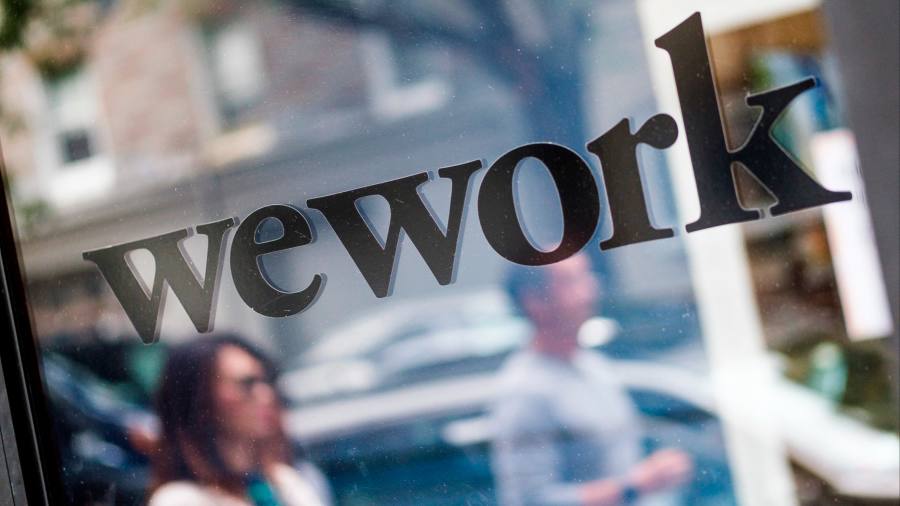
Office company WeWork is closing sites in a bid to cut costs and has failed to post a profit more than a year after it went public.
The group announced on Thursday it would shut about 40 “underperforming” offices in the US. Taken together, the closures will cut almost 5 per cent of WeWork’s total desk space and hit revenues.
But WeWork said that shutting offices would help to reduce costs, as it announced a third-quarter net loss of $629mn, two-thirds of which was restructuring, depreciation and other non-cash expenses. Revenues for the period were up 24 per cent year on year to $817mn.
Chief executive Sandeep Mathrani has promised to make the company profitable and reduce spending, which spiralled under his predecessor, WeWork co-founder Adam Neumann.
“We are leveraging all the tools at our disposal to continue executing against our goals,” he said.
Shares in the company closed at $2.43 on Wednesday, less than a quarter of their October 2021 listing price.
The market has been challenging for office landlords in the past year. WeWork’s rivals, including Regus-parent IWG, have also had big share price declines.
A significant proportion of workers are regularly working from home and the economic outlook is darkening, with WeWork’s key markets in the US and Europe facing the prospect of recession. Andre Fernandez, WeWork’s chief financial officer said the company was feeling the “impact of inflation, particularly [rising] energy costs in Europe”.
Since WeWork’s initial public offering, via a special purpose acquisition company, Mathrani has slashed billions of dollars of annual costs and sought to persuade investors that the company has curbed the excesses of the Neumann-era.
Under Neumann, WeWork pursued aggressive growth, bankrolled in large part by billions of dollars from Japanese investor SoftBank. WeWork signed long leases on a string of expensive offices in the centre of cities including New York, London and Paris, redecorated spaces, and offered companies and individuals short-leased, flexible workspace.
At the height of that growth spree in 2019 — and before a first, aborted effort to go public — WeWork was given a private market valuation of $47bn. Today the company’s market capitalisation is just under $1.8bn.
When the company listed at a second attempt last year, an executive at the company told the FT: “Next year we will be profitable. There’s no way not to be profitable.”
But that promise looks unlikely to be met. On Thursday, WeWork said it expected an adjusted earnings before interest, tax, depreciation and amortisation loss of more than $500mn for the full year, though Mathrani said he expected the company to break even in December.
WeWork’s occupancy rate, which records the percentage of its total desks rented out, has been steadily climbing this year but has plateaued at 72 per cent in the past three months.
The company’s cash reserves, meanwhile, have halved from $924mn at the end of 2021 to $460mn today.